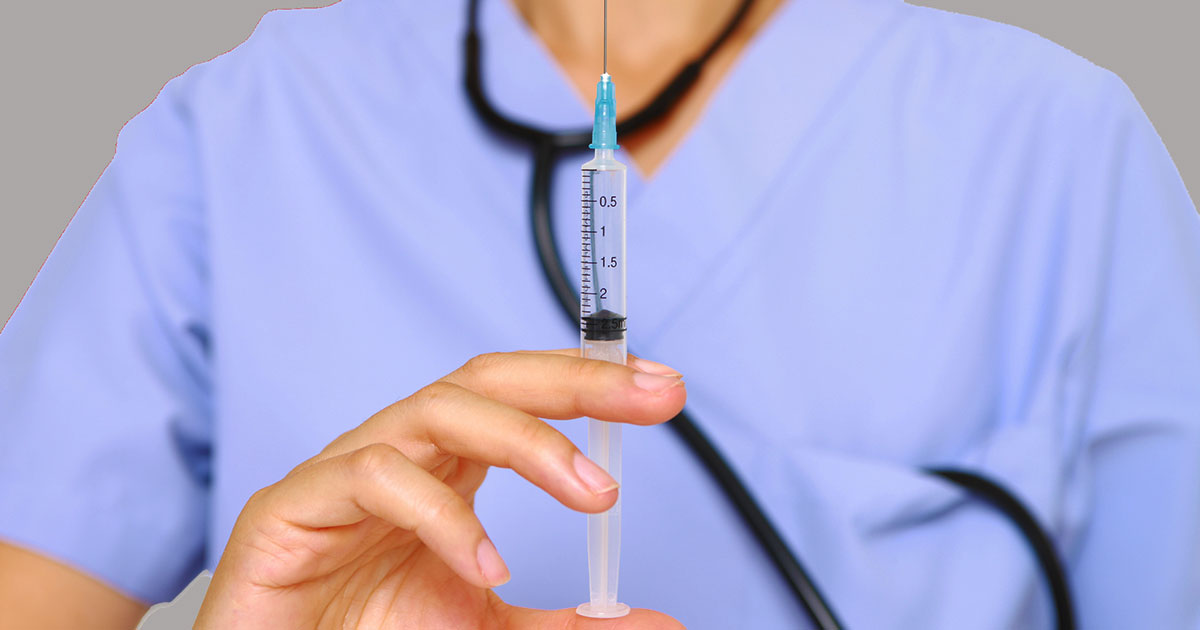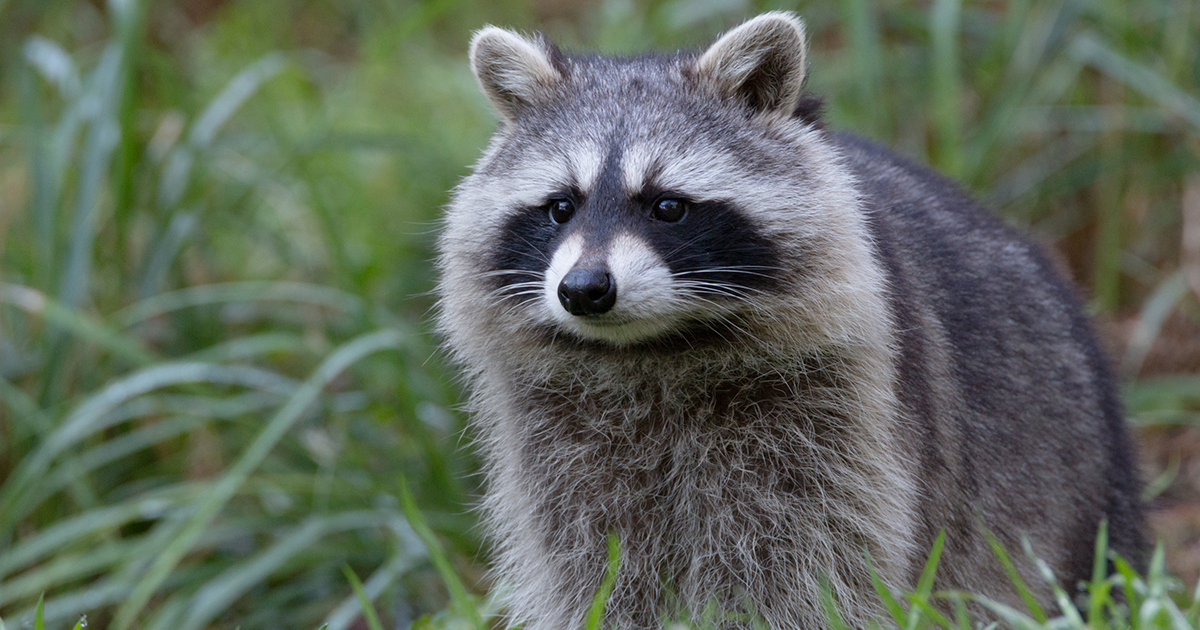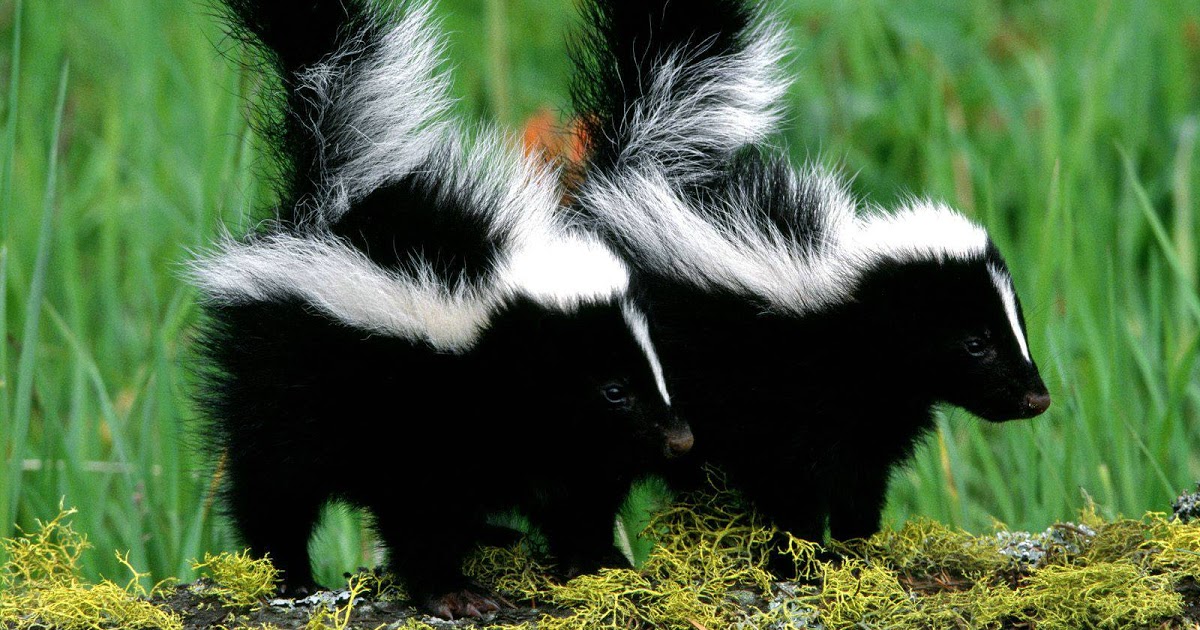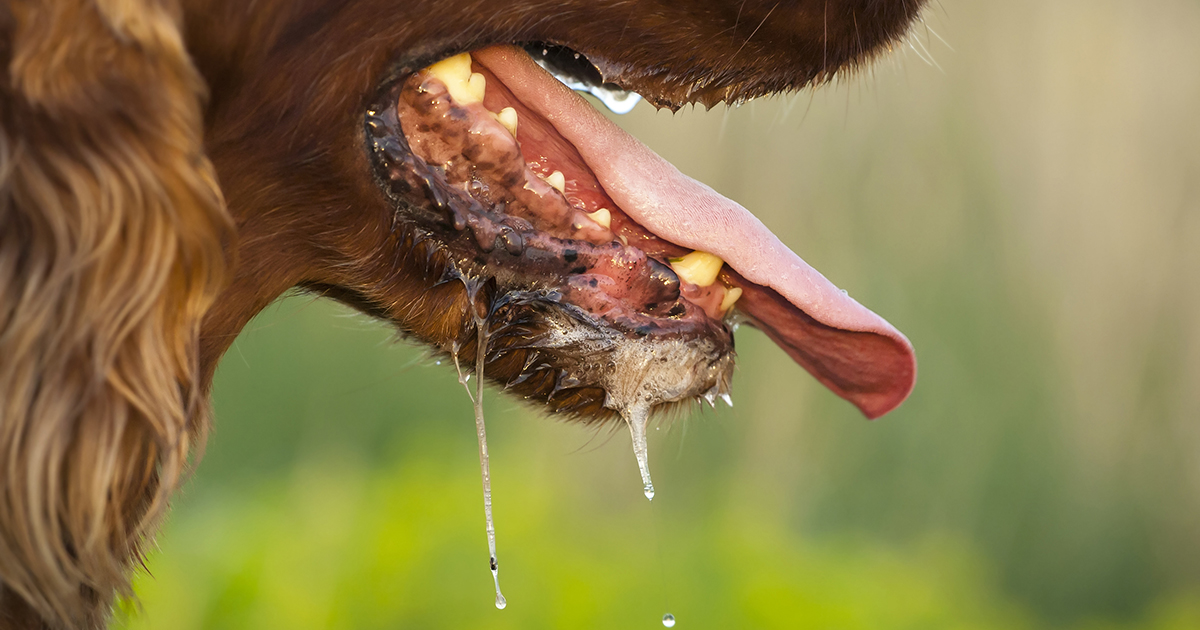Treatment And Prevention Of Rabies
Rabies is a disease caused by a virus transmitted to humans from another animal. Rabies is most commonly carried by domesticated dogs and is transmitted to humans when the dog bites another person. The virus itself is transmitted through infected saliva. The saliva from an animal infects a human through a scratch or a bite from the animal. From there, the virus travels to the brain and can cause a furious or paralytic form of the disease. Rabies is naturally found on every continent except Antarctica, and it is most likely to cause harm to individuals who cannot afford or have inadequate medical care. The disease causes fever, headache, and confusion, among other symptoms. Learn about the treatment and prevention of rabies now.
Rabies Shots

Rabies can be prevented by administering rabies shots to people at risk of developing the disease. Rabies shots are also administered to animals to prevent them from developing the disease. In some cases, they will be given to individuals who are at risk but have not been exposed. The goal here is to help the immune system form a memory of the virus before exposure so, if a person should be exposed, the immune system will respond to the virus before it can cause severe damage. Individuals who have been exposed with no previous inoculation against rabies will need to get four doses of the shot as well as an injection of rabies immune globulin to get the immune system into action. Individuals with a previous inoculation who have been exposed should be given two doses and may not need rabies immune globulin.
Discover more about treating and preventing rabies now.
Determining If The Animal Has Rabies

Determining if the animal has rabies can be hard because it is impossible to know if an animal has rabies simply by looking at it. The best indicator an animal has rabies is if the animal is behaving strangely. Some animals behave with increased hostility and produce an unusual amount of saliva. They attempt to attack and bite as an individual approaches. Other animals act as if they are shy when they have rabies. The animal may allow a person to approach easily. This seems to be the more common of the two behaviors. Since the only way to know if an animal really has rabies is to perform lab tests, it is best to avoid approaching wild animals and unknown pets. Animals acting abnormally should be reported to animal control.
Keep reading to learn about caring for a wound that may cause rabies.
Washing The Wound

To properly care for a bite from an animal, an individual should begin by washing the wound. Since the rabies virus is transmitted through the saliva of an infected animal, thoroughly cleansing the wound can wash out a lot of the saliva that contains the virus. This helps reduce exposure to rabies and other pathogens. It is best to begin washing immediately with soap and water. This should last for at least fifteen minutes. It is also beneficial to clean the wound with disinfectant to kill the virus. After washing, the patient should go straight to the hospital to be given the proper dosage of the rabies shot and prevent further development of the disease.
Learn about preventing rabies now.
Be Cautious Around Wild Animals

Individuals should always be cautious around wild animals, as they can be dangerous even if they do not have rabies. Since it is impossible to know for sure whether a wild animal has rabies, extreme care should always be taken when in the presence of such animals. Animals like raccoons, skunks, coyotes, and small rodents are the wild animals most commonly infected with the rabies virus. When around wild animals, it is important to remember the signs of rabies and to understand these signs are not always the best diagnostic tool. Should an individual receive a bite from a wild animal, they should wash the wound and immediately seek help from a medical professional. The animal that bit the person should be reported and sent for rabies testing to determine the best course of treatment.
Continue for more on preventing rabies.
Be Cautious Of Your Surroundings

You should always be cautious of your surroundings, even when in a well-known location. It is impossible to know if an animal has rabies just by its looks, and it is impossible to know exactly where every wild animal is. An individual in unfamiliar territory should take extra care in being aware of their surroundings. Even when in a home that has pets, it is important to be careful. Until you are sure that a pet has received its rabies vaccinations, stay away from its saliva and the pet in general. Be sure to ask the pet owner questions regarding the animal's health and aggression to be certain the situation is safe. Being too cautious is rarely going to happen when it comes to rabies.
